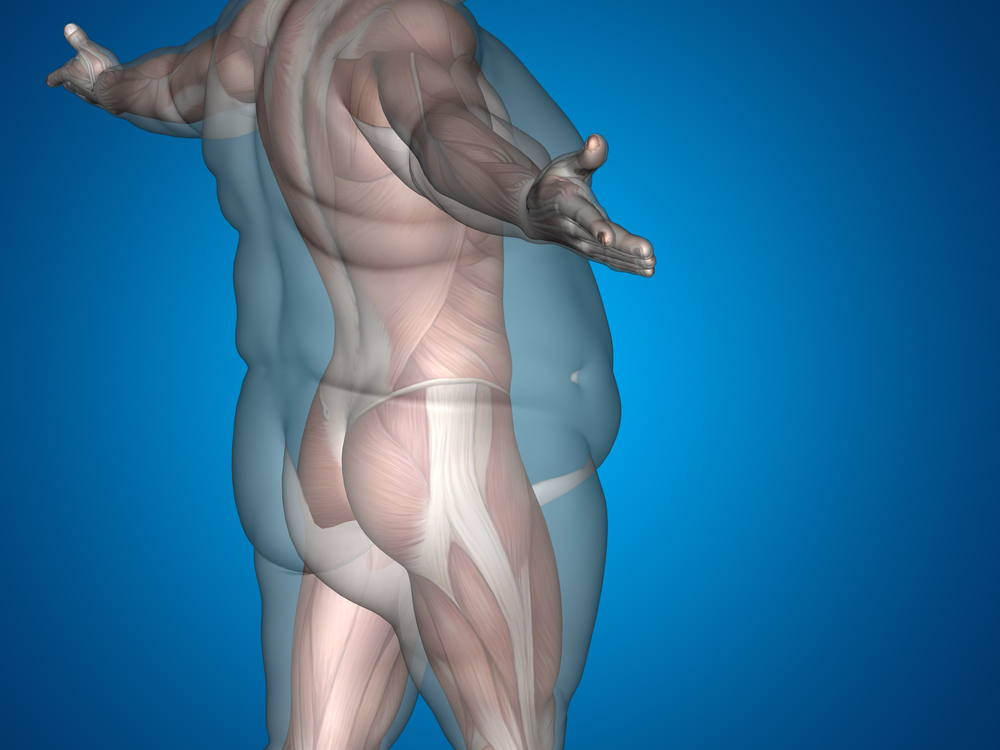There is a significant gap in science literature exploring the effects of weight-loss surgery on diabetic neuropathy, although some information sheds light on the benefits secondary to the surgical metabolic control, according to a recent review published in The Jornal Brasileiro de Nefrologia. In the review entitled “Bariatric and metabolic surgery and microvascular complications of type 2 diabetes mellitus,” Ricardo Cohen from Centro de Obesidade e Diabetes – Hospital Alemão Oswaldo Cruz in Brazil, and colleagues, conducted a search for the recent evidence regarding the effects of bariatric/metabolic surgery on microvascular complications and found that the literature supports the efficacy of surgery in preventing the incidence and progression of albuminuria and preserving renal functional decline.
Metabolic dysregulation is the defining characteristic of type 2 diabetes mellitus (T2DM) and may cause microvascular complications, including nephropathy, retinopathy and neuropathy. Lifestyle interventions and medical treatment that target risk factors for microvascular complications have been found to bring therapeutic benefits, specifically in retinopathy and nephropathy. Results from several randomized controlled trials have shown that bariatric/metabolic surgery is superior to the best medical treatment, so evidence supporting the effect of bariatric/metabolic surgery on microvascular complications is now a research target.
Based on the available evidence, the authors noted that metabolic and bariatric surgery have been found to reduce the rates of renal disease in patients with type-2 diabetes and early stage renal disease, particularly in the potential these procedures have in albuminuria remission.
However, it remains unclear if weight loss by itself supports reductions in proteinuria. Although the results from a recent meta-analysis revealed a reduction of 1.1 mg in albumin excretion for every 1 kg of bodyweight lost, the impact of surgery on renal function and on evidence of renal inflammation indicates that the effects of surgery on the kidney are multifactorial and not exclusively associated with weight loss.
RELATED : ORBERA Intragastric Balloon Non-Surgical Weight Loss Device Receives FDA Approval
The authors further noted promising evidence regarding the renoprotection offered by incretins such as GLP-1. However, there is insufficient data on the disadvantages and advantages of bariatric and metabolic procedures in patients suffering from reduced renal reserves.
Despite the positive nature of the available information concerning the incidence of retinopathy following surgery, when established after surgery the disease may progress and become untreatable because of the microvascular aggression not noticed at the time of surgery.
Retinopathy can be selectively more sensitive to episodes of reactive hypoglycemia than the kidneys after surgery or drug therapy, which may lead to disease progression.
The authors further noted that there is a lack of research on diabetic neuropathy following bariatric surgery, as most of the available evidence concerns the potential micronutrient deficiencies introduced by surgery and possibly related with the onset of neuropathies.
“Overall, although data so far is exciting, there is a pressing need for prospective randomized controlled trials examining long-term microvascular outcomes following bariatric/metabolic surgery in patients with T2DM,”the authors concluded in the review.


